What is Primals Nutritional Structuring?
As the Primal Life Gym, we believe that good nutrition is the foundation of a healthy and fit lifestyle. Our Nutritional Structuring program is designed to help our clients achieve their fitness goals through personalised gym diet plan programs.
Our program is tailored to each individual's unique needs and goals, taking into account factors such as body composition, activity level, and overall health. Our team of nutrition experts use the latest nutrition science to create customised nutrition plans that optimize nutrient intake to support overall health and fitness goals.
What is Primal Nutrition and how do we use Nutrition Science?
One of the key philosophies to what we do is nutrition science, NOT a “diet”. Diets are temporary and what we will help you do is achieve a balanced nutritional structure to your lifestyle that will grow and adapt with you to always be keeping you Strong, Healthy and Happy.
As you progress on your journey your nutritional structure will adapt with you, allowing for goals to be achieved without sacrificing your lifestyle.
What to expect with our nutritional science gym diet planning
At our gym, we understand that nutrition plays a crucial role in achieving fitness goals. That's why we offer Primal Nutrition, our customised diet plans designed to help our members achieve fat loss, muscle building, and toning goals.
Our Primal Science Nutrition plans are designed by our experienced and certified nutritionists who understand the importance of a balanced and healthy diet. They work closely with our members to create customised plans that are tailored to their individual needs and goals. Whether you're looking to lose weight, build muscle, or tone your body, our nutritionists will develop a plan that will help you achieve your goals. They use a variety of techniques and strategies, including macro-nutrient tracking, calorie counting, and meal planning, to ensure that you're getting the right amount of nutrients and fuel for your body.
How much protein should I have per day to build muscle?
The amount of protein needed to build muscle varies depending on factors such as body weight, activity level, and training goals. However, a general guideline for individuals looking to build muscle is to consume approximately 1.6-2.2 grams of protein per kilogram of body weight per day.
For example, if you weigh 70 kg, you would want to consume between 112-154 grams of protein per day to support muscle growth. It's important to spread protein intake throughout the day and include a variety of protein sources, such as lean meats, poultry, fish, eggs, dairy, and plant-based sources like legumes, nuts, and seeds.
Find out more on how you can make a difference with our Personal Training Programs:
What to eat before a gym workout?
Eating the right foods before a gym workout can help provide energy and fuel for your body, and can also help improve your workout performance. Here are some guidelines for what to eat before a gym workout:
-
Carbohydrates: Carbohydrates are an important source of energy for your body, and can help provide fuel for your workout. Good sources of carbohydrates include whole grains, fruits, and vegetables. Examples of pre-workout carbohydrate-rich foods include oatmeal, fruit, or a slice of whole-grain toast with nut butter.
-
Protein: Protein is essential for muscle repair and growth, and can help prevent muscle breakdown during exercise. Good sources of protein include lean meats, poultry, fish, eggs, dairy, and plant-based sources like legumes, nuts, and seeds. Examples of pre-workout protein-rich foods include a protein shake, Greek yogurt with fruit, or a hard-boiled egg.
-
Timing: Aim to eat your pre-workout meal or snack about 30 minutes to an hour before your workout. This will give your body enough time to digest and absorb the nutrients from your food, without causing discomfort during exercise.
What to eat after a gym workout?
Eating the right foods after a gym workout is important for recovery and muscle growth. Here are some guidelines for what to eat after a gym workout:
-
Protein: Consuming protein after a workout can help repair and build muscle tissue. Good sources of protein include lean meats, poultry, fish, eggs, dairy, and plant-based sources like legumes, nuts, and seeds. Examples of post-workout protein-rich foods include a protein shake, grilled chicken breast, or a quinoa salad with beans.
-
Carbohydrates: Carbohydrates can help replenish glycogen stores in your muscles, which can be depleted during exercise. Good sources of carbohydrates include whole grains, fruits, and vegetables. Examples of post-workout carbohydrate-rich foods include a sweet potato, a banana, or a whole-grain wrap with veggies and hummus.
How to calculate a calorie defecit to loose weight?
To calculate a calorie deficit for weight loss, you first need to determine your total daily energy expenditure (TDEE), which is the amount of energy your body burns each day. TDEE is influenced by several factors, including your age, gender, height, weight, and activity level. Once you have determined your TDEE, you can create a calorie deficit by consuming fewer calories than your body burns. A calorie deficit of 500-1,000 calories per day is generally considered safe and effective for gradual weight loss.
How many calories a day to loose weight?
The number of calories you need to consume per day to lose weight depends on various factors, including your age, gender, height, weight, and activity level. However, a general guideline is to create a calorie deficit of around 15% calories per day to lose 1-2 pounds per week. To create a calorie deficit, you can either reduce your calorie intake or increase your physical activity level. For example, if your body requires 2,000 calories per day to maintain your weight, you can aim to consume 1,500-1,000 calories per day to create a calorie deficit of 500-1,000 calories per day.

